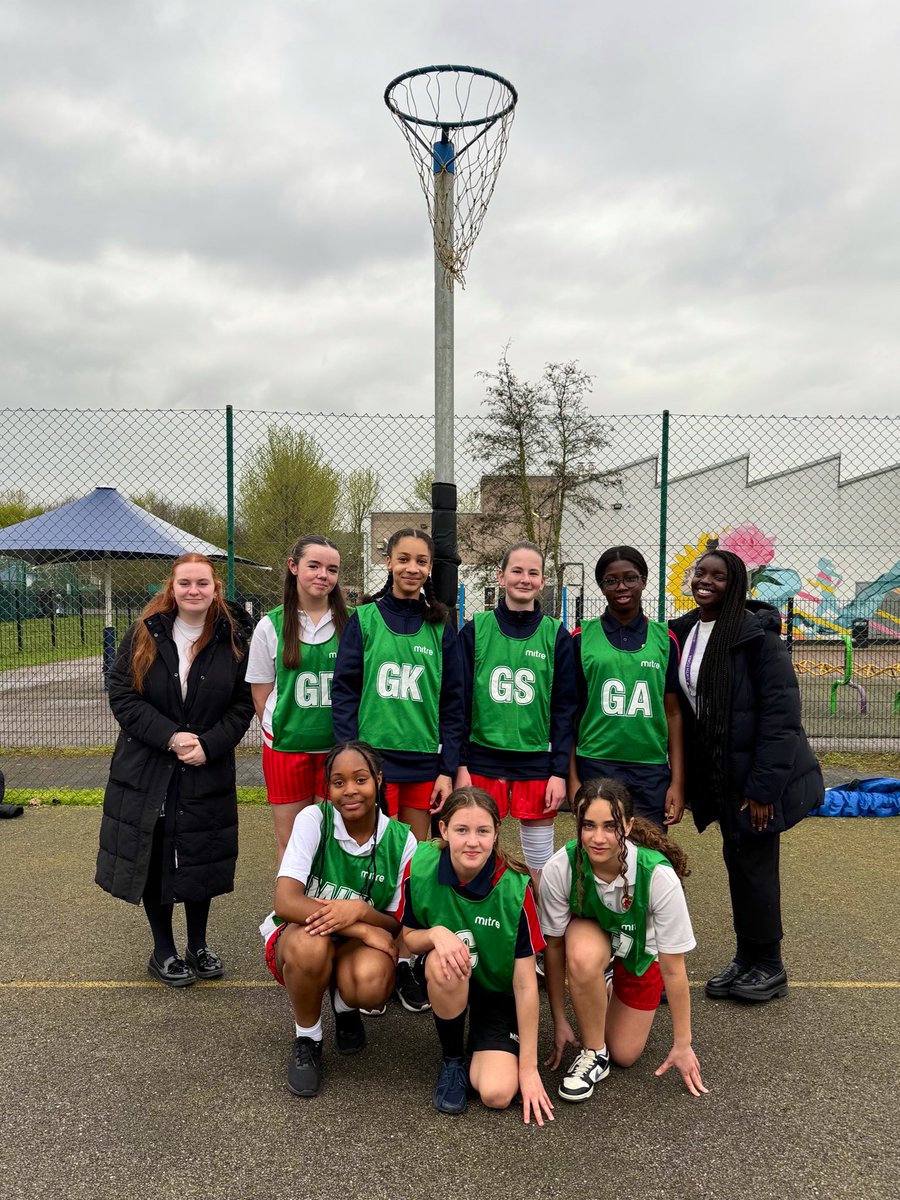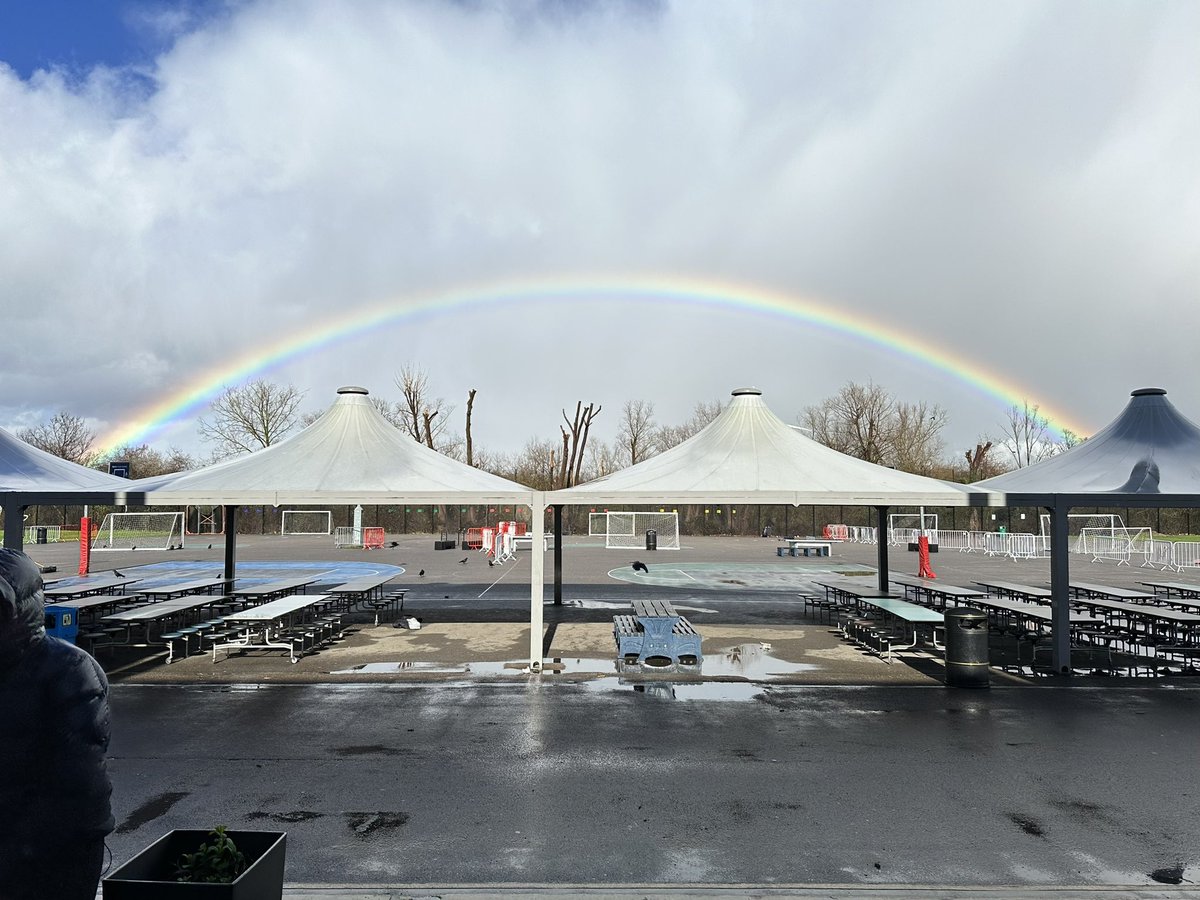History
We believe every student has the potential to excel at History, that they have an entitlement to learn about the past and to be taught in engaging and stimulating ways.
We believe History is a worthwhile discipline in its own right. It fires the imagination and stimulates curiosity. It involves the study of a range of subjects including political, economic, religious and social issues, helping develop valuable contextual knowledge and understanding of the world around us.
History gives you a deeper understanding of the world around you. History is a valuable subject that helps students to think independently, challenge interpretations and make informed judgements of issues and to foster empathy with people living in diverse places and at different times.
By adopting a Key Stage 3 curriculum that spans Years 7 to 9, we are able to offer a much broader and balanced range of knowledge to our students. We believe this depth and breadth of knowledge that students leave with at the end of KS3 is the best preparation for those students who continue to study history at GCSE and Advanced Level.
We believe that all students have the right to learn about the richness of the past without being constrained by GCSE content or exam questions at a stage which is not age appropriate and which can dilute their breadth of historical understanding. We believe that all of our students, regardless of whether they continue to study at KS4, have a right to know the overarching narrative of British history, and how this narrative intertwines with global and diverse histories.
You can download Knowledge Organisers for each year group from our Knowledge Organisers page.
For queries about the History curriculum please contact Savannah Blake s.blake@harrisgarrard.org.uk.
Further details of the curriculum can be found below.
Primary Curriculum
A people without a knowledge of their history, culture and origins, is like a tree without roots.” Marcus Garvey
Our history curriculum aims to fulfil the requirements of the national curriculum which states: ‘A high-quality history education will help pupils gain a coherent knowledge and understanding of Britain’s past and that of the wider world. It should inspire pupils’ curiosity to know more about the past.'
The History curriculum at the Harris Federation has been built around five key aims:
- To increase substantive knowledge of historical periods, people, trends and events so that students develop a rich knowledge of the past which builds cultural capital, takes them beyond their lived experience and allows them to engage meaningfully in the process of historical enquiry.
- To increase disciplinary knowledge of how historians investigate the past through second order concepts and by engaging thoughtfully with sources of evidence and historical interpretations.
- To communicate knowledge effectively so that students are able to construct written answers that evaluate, judge and argue and to use the language of historians to convey an increasingly sophisticated understanding of the past.
- To ensure the curriculum gives students an overarching narrative of British history which is interwoven with diverse and global histories that speak our student’s own identities.
- To ensure that knowledge is retained through a planned curriculum, chronologically sequenced and driven by historical enquiries.
We aim to deliver an ambitious curriculum that engenders a love of history; that prepare pupils for their next stage of education and is accessible to all. The design of the curriculum will allow children to know more and remember more.
Mrs Obinkwo, Primary History Lead
Key Stage 3
Key Stage 3 History will be taught to all students within Years 7 to 9 and this will take place over the course of two lessons per week. The aim of this curriculum is to provide our students with powerful knowledge, a key driver in the curriculum across Harris Garrard Academy, that will be purposefully selected by expert teachers, chronologically sequenced and cumulative in nature to ensure that students build on previous knowledge and skills learned throughout their studies.
In addition, we also teach students to be good historians, by learning through historical enquiries and grasping key historical concepts (Second Order Concepts) to develop a secure understanding of chronology and how Britain and the wider world has developed over time.
Year 7
By the end of Year 7, students will:
- have a strong sense of period of the content covered including the Medieval Period and Early Modern Period
- have a strong knowledge base of the Medieval and Early Modern Past
- be aware of the interconnectedness of the Medieval and Early Modern World through their study of British, European and World History
- have begun to build a schema of key substantive concepts taught including power, monarch, parliament, and empire
- be developing their disciplinary understanding of all second order concepts which they can use to construct sound historical arguments
- be able to identify claims within a historical interpretation and draw inferences from what is said
- be able to provide a basic understanding of how historical interpretations are created (method and approach of the historian)
- be able to draw inference from primary sources and use this to support a historical argument
Year 8
By the end of Year 8, students will:
- have a strong sense of period for the nineteenth and twentieth century history
- have consolidated their knowledge of the Medieval and Early Modern period through recall activities and interleaving
- be aware of the interconnectedness of the Modern World through their study of British, European, and World history
- have an increasingly secure schema of key substantive concepts taught in Year 7 and 8 including resistance, power, protest, empire and revolution
- be developing their disciplinary understanding of all second order concepts which they can use to construct complex historical arguments
- be able to identify claims within a historical interpretation and draw inferences from what is said. They will then move on to support/challenge the interpretation with their own knowledge
- be able to describe how historical interpretations are constructed, in particular how historians utilise source material
- be able to draw inference from primary sources and confidently use the source material to construct historical arguments
Year 9
By the end of Year 9, students will:
- have a strong sense of period for the later twentieth century history
- have consolidated their knowledge of the Medieval, Early Modern and Modern period through recall activities and interleaving
- be aware of the interconnectedness of the Modern World through their study British, European, and World history
- have a secure schema of key substantive concepts taught in Year 7, 8 and 9 including empire, diplomacy, dictatorship and alliances
- be able to confidently apply their understanding of substantive concepts to new contexts
- have a strong disciplinary understanding of all second order concepts which they can use to construct sophisticated historical arguments
- be able to identify claims within a historical interpretation and draw inferences from what is said. Students will be able to evaluate the interpretation using their own knowledge and understanding of a historian’s method/approach
- be able to confidently describe how historical interpretations are constructed and explain the evidential problems that historians face when doing this
- be able to draw inference from primary sources and confidently use source material to construct complex historical arguments
Key Stage 4
The Key Stage 4 History curriculum extends students’ knowledge by studying new areas of content and by revisiting and deepening their knowledge of content studied previously. It develops and extends their knowledge and understanding of specified key events, periods and societies in British, and wider world history.
Year 10
By the end of Year 10, students will:
- have studied the entire specification for the Medicine Through Time and Weimar and Nazi Germany courses
- have a secure grasp of the course content which enables them to have ‘fingertip’ knowledge when answering examination questions
- be able to confidently construct a P.E.E. paragraph which they can then utilise when answering a 12 mark or 16-mark question in both papers
- be able to come to a judgement using counterfactual thinking and/or a clear criterion for judgement set out in their introduction
- be able to confidently draw inferences from primary source material
- be able to confidently assess primary source material for utility by applying their own knowledge of the content and provenance of the source
- be able to identify differences in interpretations and explain why historians often construct different views of the past (based on their method/approach)
- be all to evaluate historical interpretations using their own knowledge and understanding of the methods/approaches of historians
Year 11
By the end of Year 11, students will:
- have studied the entire specification for the GCSE course
- have a secure grasp of the course content which enables them to have ‘fingertip’ knowledge when answering examination questions
- be able to confidently construct a P.E.E. paragraph which they can then utilise when answering a 12 mark or 16-mark question in both papers
- be able to come to a judgement using counterfactual thinking and/or a clear criterion for judgement set out in their introduction
- be able to confidently draw inferences from primary source material.
- be able to confidently assess primary source material for utility by applying their own knowledge of the content and provenance of the source
- be able to identify differences in interpretations and explain why historians often construct different views of the past (based on their method/approach)
- be all to evaluate historical interpretations using their own knowledge and understanding of the methods/approaches of historians
- be able to write a historical narrative of events utilising subject specific vocabulary and connectives
- be able to explain the significance of a historical events, in particular focusing the consequences it had on the wider context
Key Stage 5
The Key Stage 5 History curriculum aims to increase students' knowledge of historical periods, people, trends and events – both to develop and retain a rich knowledge of the past; and to ensure students possess powerful knowledge that makes them ‘culturally literate’ and enhance their cultural capital.
Year 12
By the end of Year 12, students will:
-
have studied the entire specification for both Paper 1F and 2F
- have begun their preparation for the NEA. This includes being taught a mini enquiry on the causes of the Russian Revolution and being provided with the necessary texts to read over summer
- have a secure grasp of the course content which enables them to have ‘fingertip’ knowledge when answering examination questions
- confident in answering both breadth and depth examination questions
- be able to confidently construct a convincing line of argument, supported with a range of relevant evidence, which culminates in a substantiated judgement.
- be able to evaluate a range of historical interpretations and utilise them to formulate a judgement on a historiographical issue. This will include drawing inferences from a historical interpretation and considering how a historian’s method/approach affects the claims they made
- be able to confidently assess the value of a historical source for a given enquiry. This will include drawing inferences from the source and considering the impact of the provenance on what is said
Year 13
By the end of Year 13, students will:
-
have studied the entire specification for Paper 1F, 2F and 31
-
have completed their NEA
-
have a secure grasp of the course content which enables them to have ‘fingertip’ knowledge when answering examination questions
-
confident in answering both breadth and depth examination questions
-
be able to confidently construct a convincing line of argument, supported with a range of relevant evidence, which culminates in a substantiated judgement
-
be able to evaluate a range of historical interpretations and utilise them to formulate a judgement on a historiographical issue. This will include drawing inferences from a historical interpretation and considering how a historian’s method/approach affects the claims they made
-
be able to confidently assess the value of a historical source for a given enquiry. This will include drawing inferences from the source and considering the impact of the provenance on what is said
Careers
Colleges, universities and employers all hold History in high respect. It is a ‘hard’ subject using key skills including use of evidence to structure an argument and present a case; communication; analysis and evaluation; ability to debate; carrying out enquiry and investigation; independent critical thinking and reasoning; the craft of writing.
The study of History can open up a world of possibilities. As History enables you to develop many transferrable skills, universities and employers look incredibly favourably upon applicants with good qualifications.
Whilst there are many specialist jobs that require History, employers from many different sectors value the transferrable skills that successful study in history demonstrates. Indeed, History graduates from top universities are in high demand.
Below are some examples of careers that History can help you enter:
- Legal work (lawyer, solicitor)
- Professional services (accountancy, banking, tax, consultancy)
- Corporate business (large companies , e.g. M&S, Unilever, Cadburys)
- Journalism and other media work
- Government/public sector (civil service, administration, local government, NHS, police, armed forced)
- Teaching
- Academia (PhDs, lecturing, research work)
- Librarian, archivist, archaeologist
Find out more about the careers programme at Harris Garrard Academy.




















